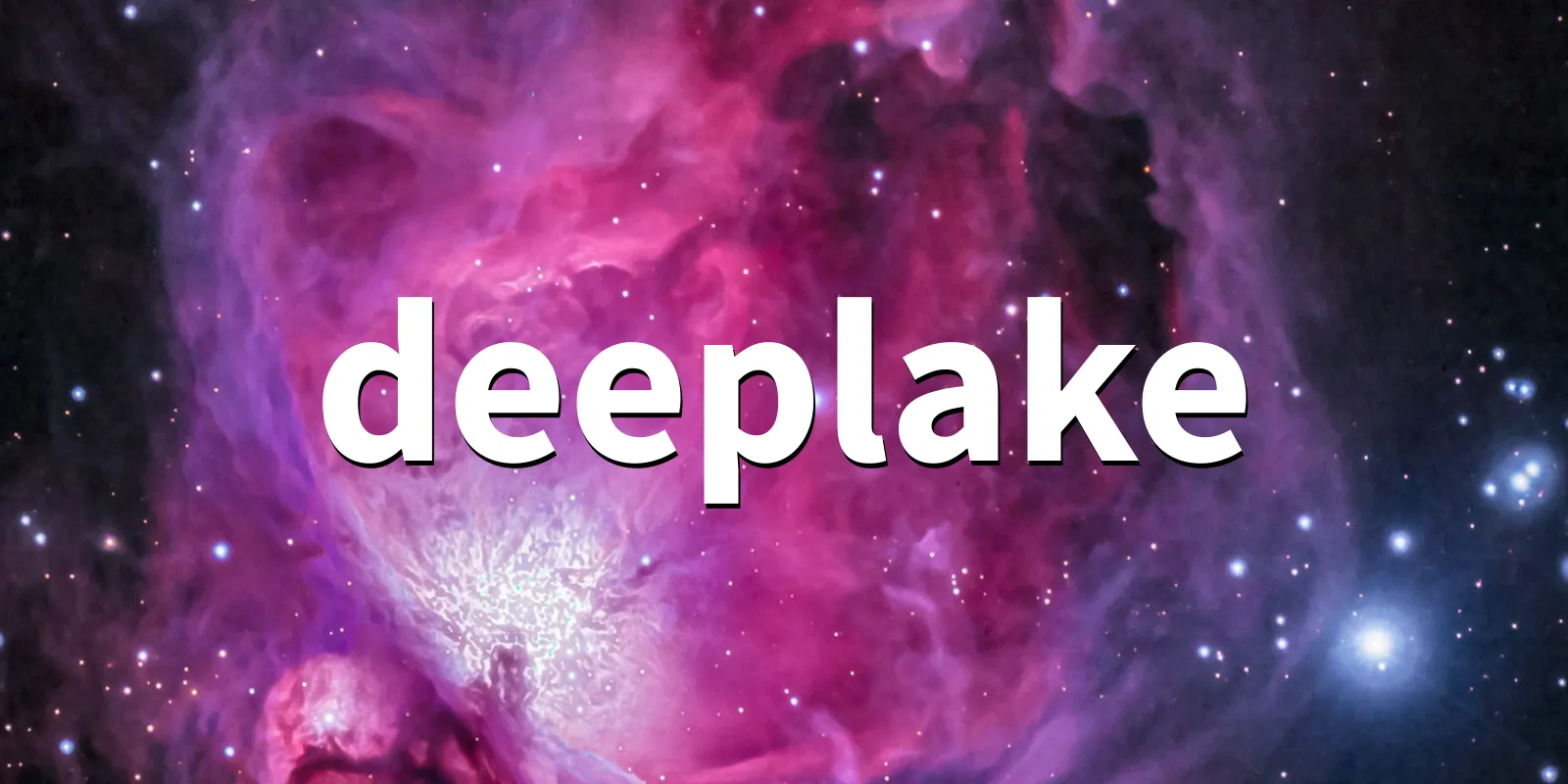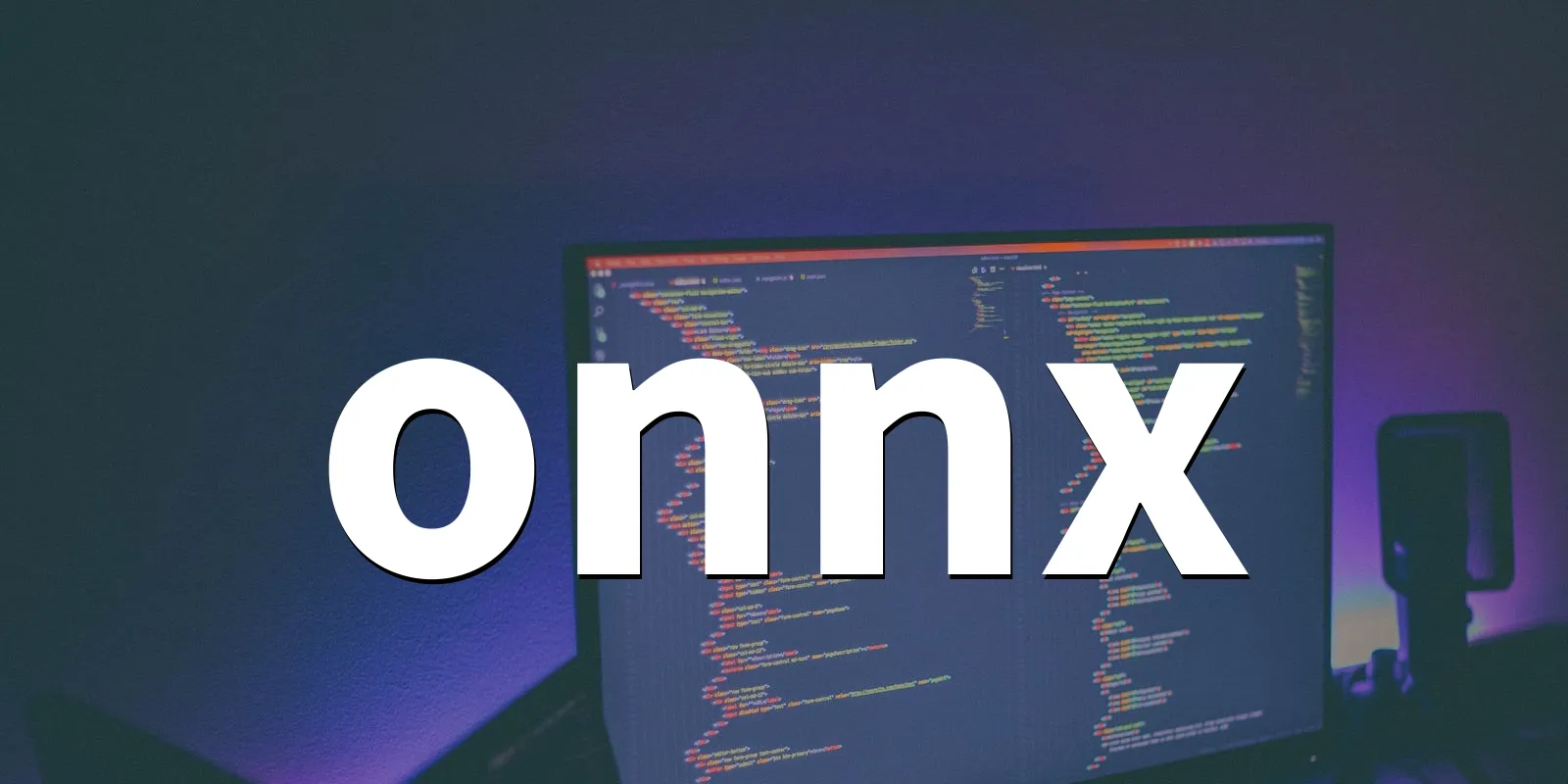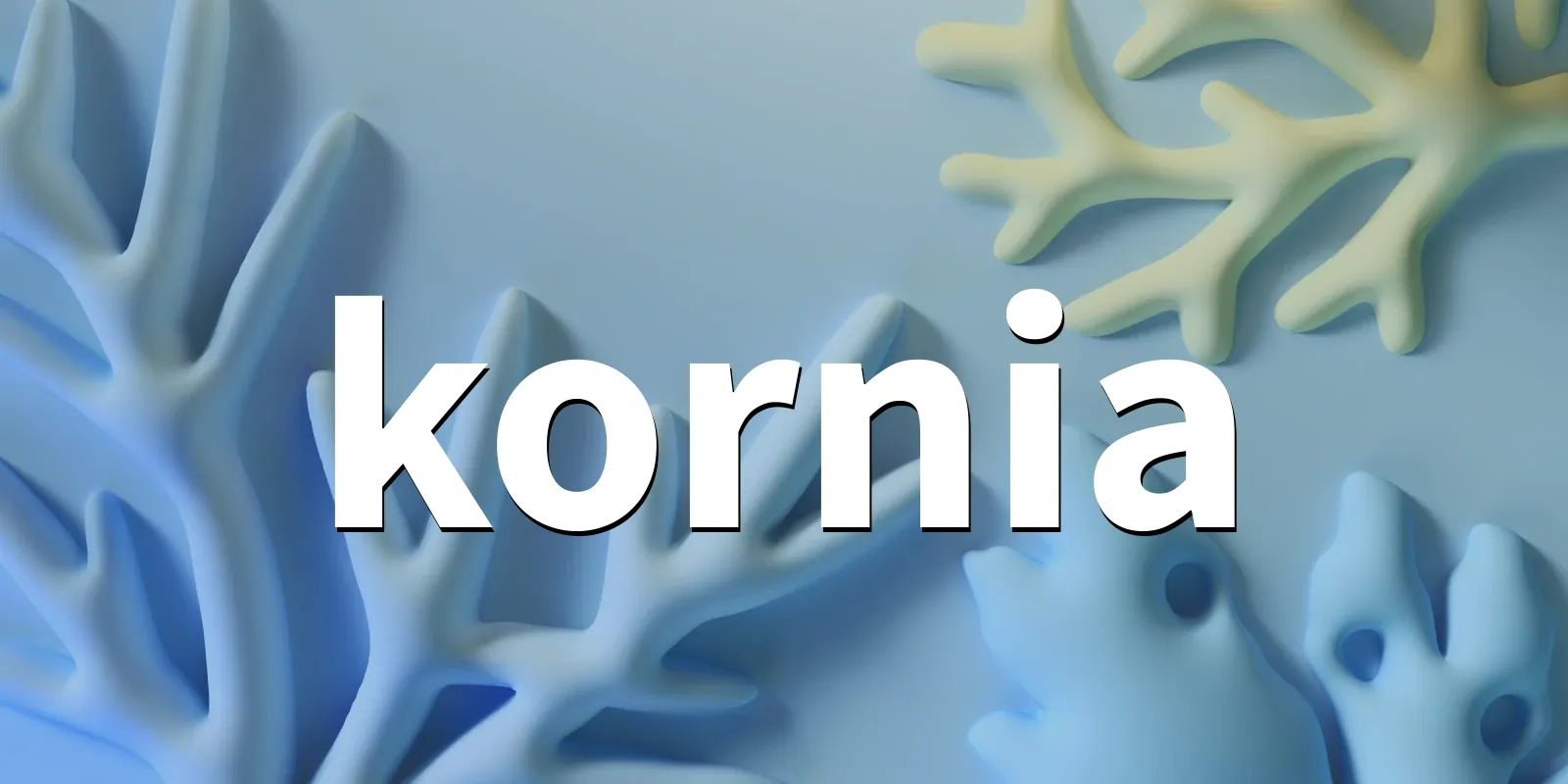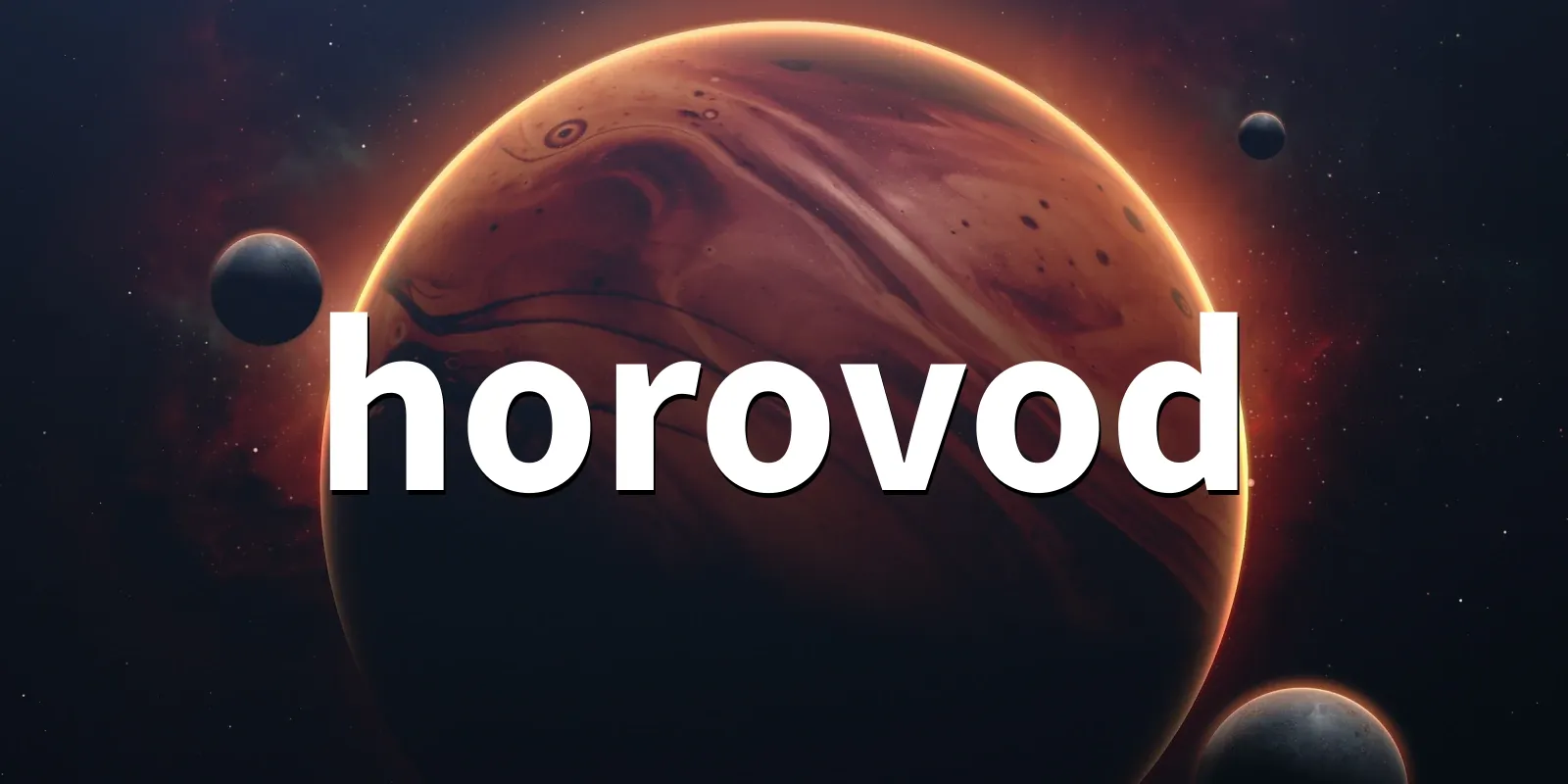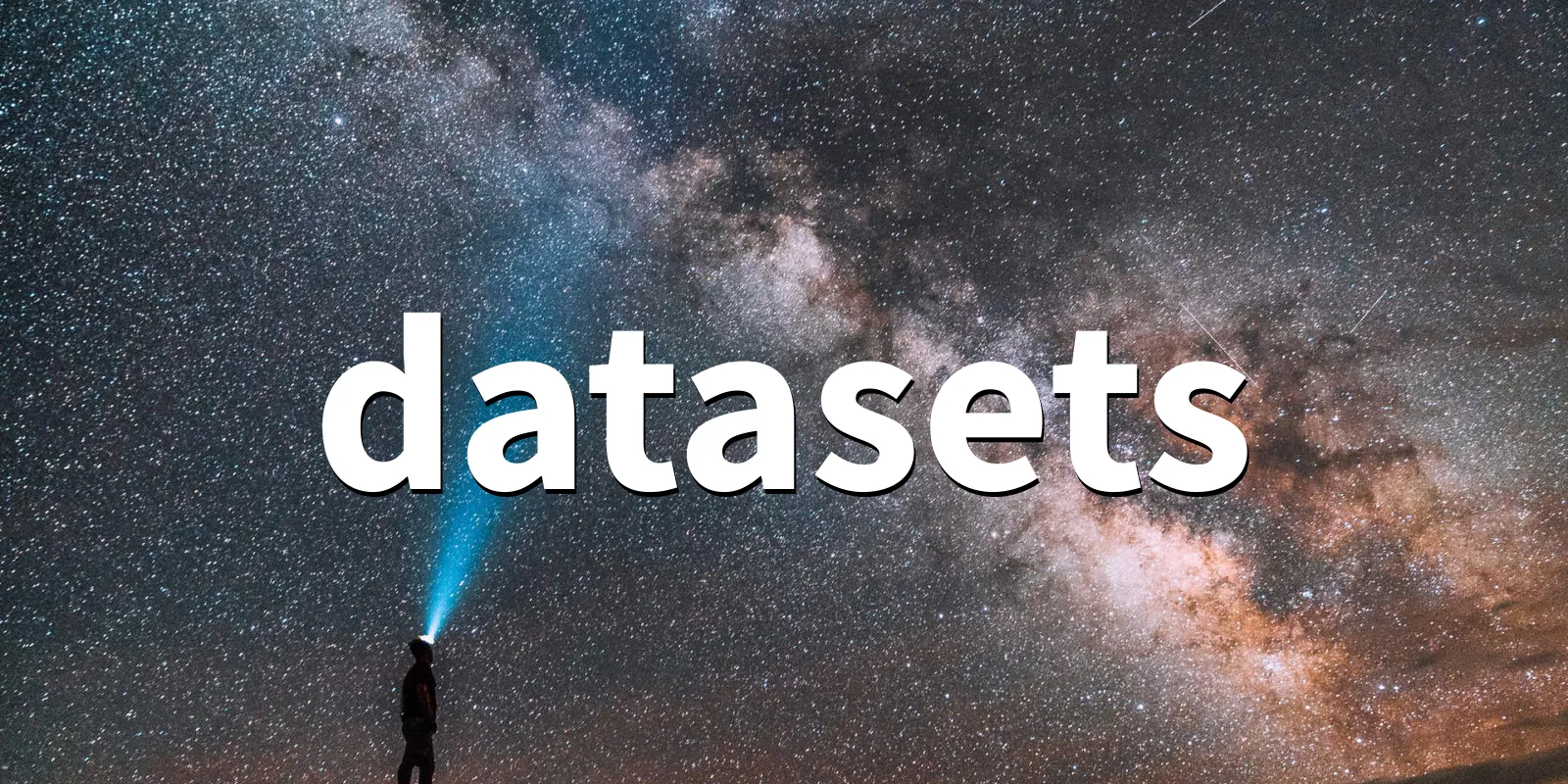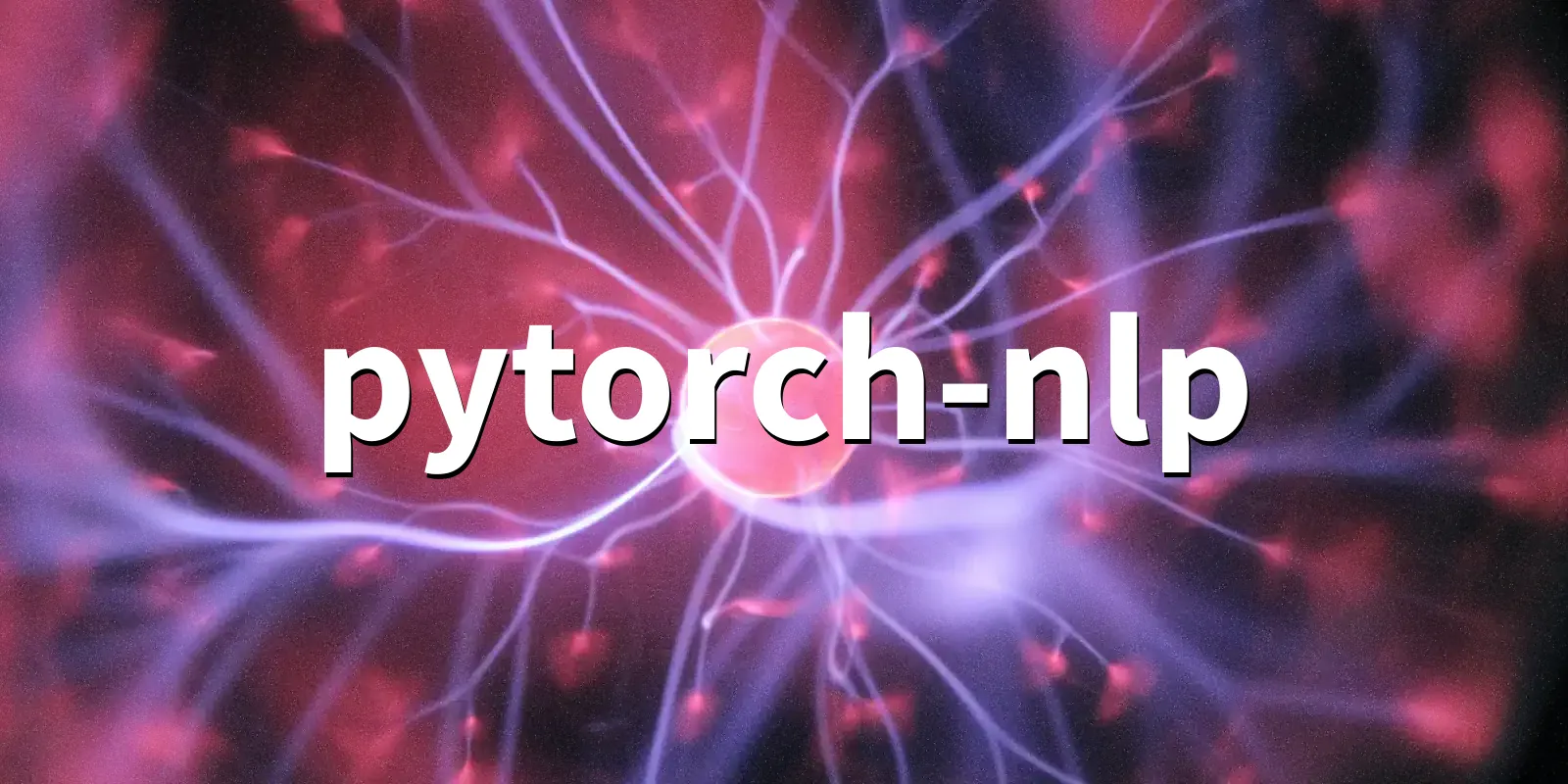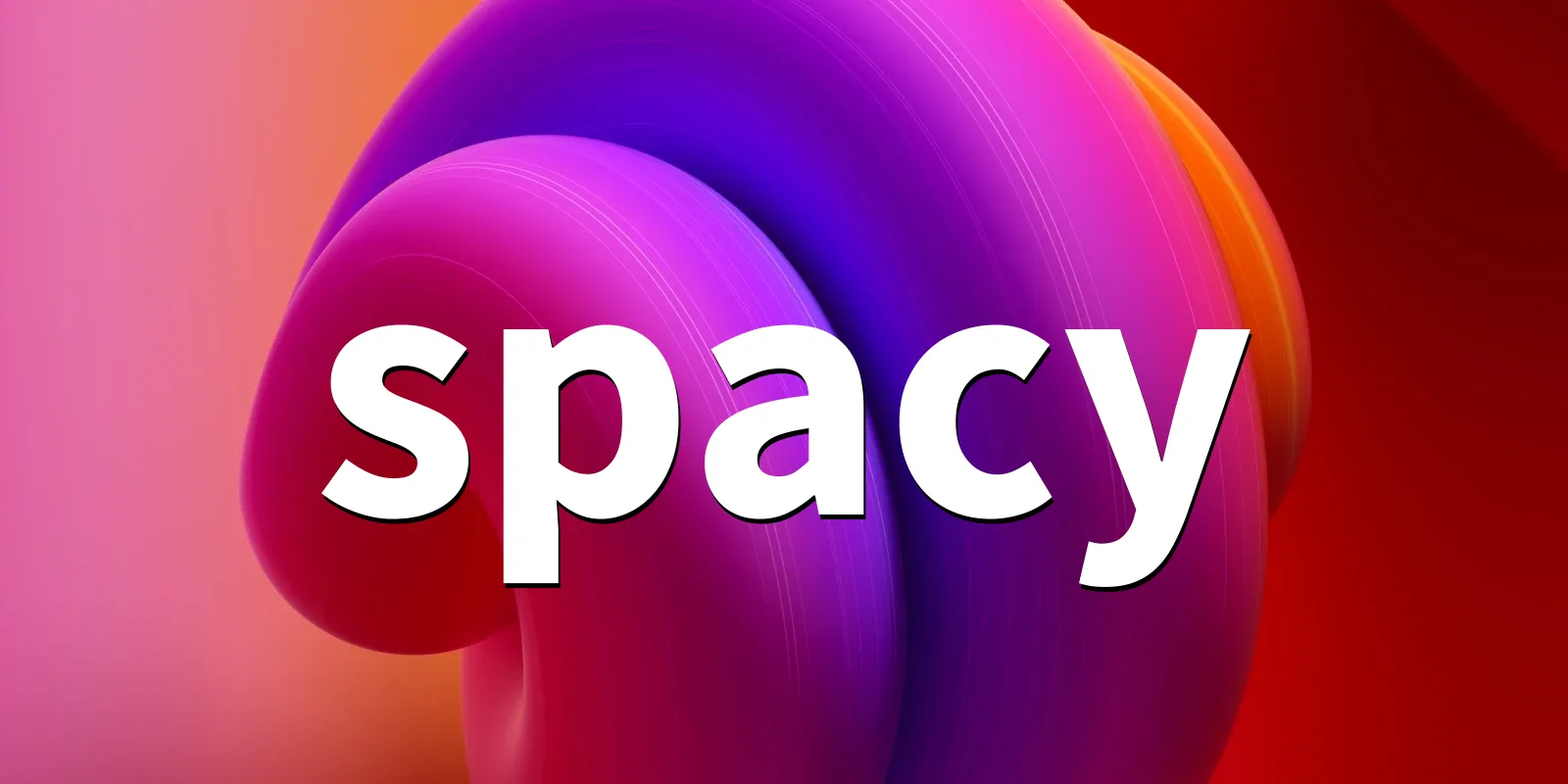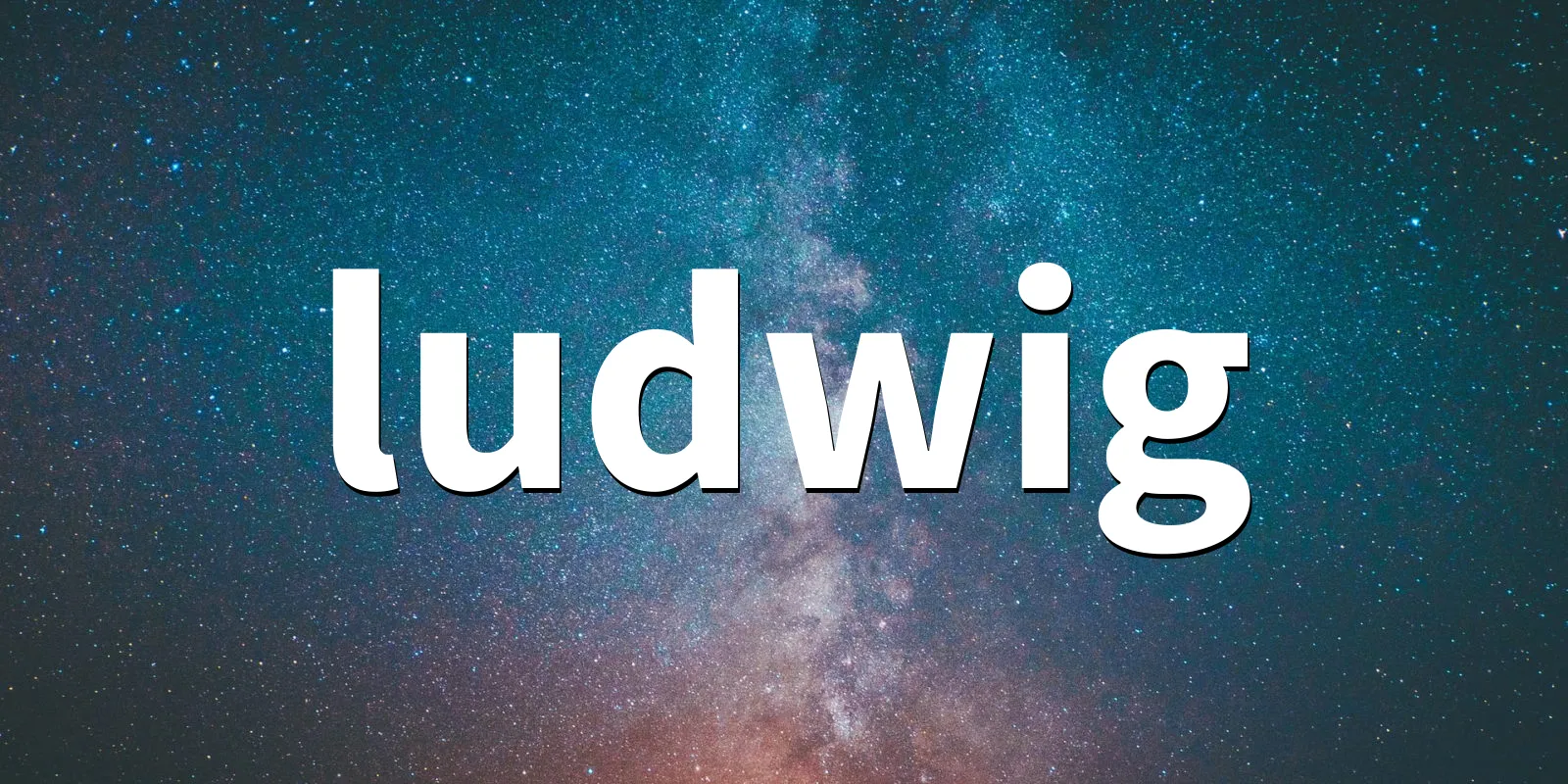
ludwig 0.10.4
0
Declarative machine learning: End-to-end machine learning pipelines using data-driven configurations
Contents
Declarative machine learning: End-to-end machine learning pipelines using data-driven configurations.
Stars: 11133, Watchers: 11133, Forks: 1193, Open Issues: 362The ludwig-ai/ludwig repo was created 5 years ago and the last code push was 5 days ago.
The project is extremely popular with a mindblowing 11133 github stars!
How to Install ludwig
You can install ludwig using pip
pip install ludwig
or add it to a project with poetry
poetry add ludwig
Package Details
- Author
- Piero Molino
- License
- Apache 2.0
- Homepage
- https://github.com/ludwig-ai/ludwig
- PyPi:
- https://pypi.org/project/ludwig/
- GitHub Repo:
- https://github.com/ludwig-ai/ludwig
Related Packages
Errors
A list of common ludwig errors.
Code Examples
Here are some ludwig code examples and snippets.
GitHub Issues
The ludwig package has 362 open issues on GitHub
- Update comment for predict to update Ludwig docs
- [bug] Support preprocessing
datetime.datedate features - Add
effective_batch_sizeto auto-adjust gradient accumulation - Lamma2 training on dataset downloaded from Huggingface.
- Implement batch size tuning in for None type LLM trainer (used for batch inference)
- [WIP] Enable strict schema enforcement
- Bug in the Tutorial of Tabular Data Classification
- ValueError: Unexpected keyword arguments:
top_k - Re-enable Horovod installation and unit tests for torch nightly.
- Missing documentation for Ludwig Explainer
- [llm_text_generation] RuntimeError: Expected all tensors to be on the same device,
- Image Classification: Config
- Initial implementation of DaftDataFrameEngine
- refactor: Remove dict support for initializer fields. (2/2)
- Not uploading confusion_matrix (and others) figure to Comet ML
 pythonfix
pythonfix